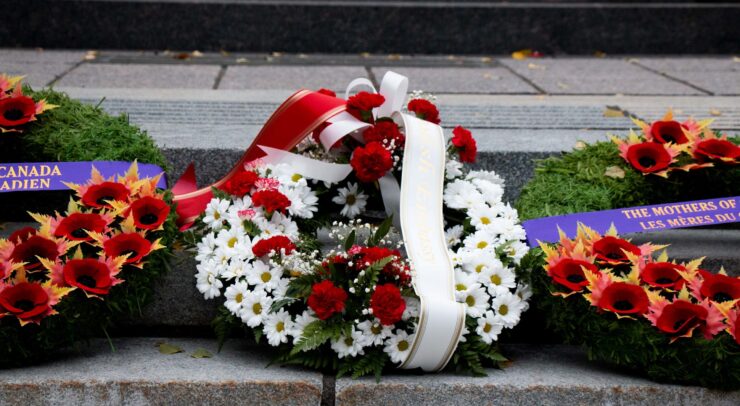
BASED ON THE outpour of responses to our executive editor’s appearance on Sun TV last week, it is obvious that students at the University of Ottawa support the protection of minority rights on campus. Considering Canada prides itself on the protection of its citizens’ cultural and civil rights, speaking up on behalf of a minority group is a very Canadian thing to do.
One group our governing institutions and laws have increasingly protected in the past few decades is the lesbian, gay, bisexual, and transgender (LGBT) community. Although Canadians are not explicitly protected from discrimination on the grounds of sexual orientation and gender identity in section 15 of the Canadian Charter of Rights and Freedoms, these grounds have been routinely read in since 1995, as well as explicitly added to many provincial human rights codes.
From the decriminalization of homosexuality in 1969 to the decision of the Ontario government to restore coverage of gender reassignment surgery in the Ontario Health Insurance Plan in 2008, both the federal and provincial governments have worked to give Canadians who identify as LGBT the same legal, civil, and social rights as other minority groups in the country.
But while Canada remains one of the most progressive countries in the world in terms of furthering these rights, we could be doing more.
In the opinions section of this issue of the Fulcrum, the decision to remove the indefinite blood ban from men who have sex with other men (MSM) in the United Kingdom a couple months ago is discussed. While the replacement of this regulation with one that allows MSM to donate blood so long as they remain sexually inactive for one year may seem progressive, it is important to remember Canada—which has more advanced laws on legal issues pertaining to LGBT issues—continues to ban all blood from MSM donors.
Canada has banned blood donations from MSM since 1977, claiming these men are at a higher risk of contracting HIV/AIDS. While the Canadian Public Health Agency may have statistics to back this up—they estimate that 45.1 per cent positive test results in 2008 came from MSM—the regulations by both Canadian Blood Services and Héma-Québec discriminate against these men and perpetuate the myth that HIV/AIDS is a “gay” disease.
In a country where “every minute of every day, someone in Canada needs blood,” it is ridiculous that Canadian Blood Services refuses blood from monogamous men in same-sex relationships—especially when they will accept blood from promiscuous heterosexuals so long as they claim to know the sexual backgrounds of their partners.
Canada also falls short when it comes to protecting minors who identify as LGBT. Many of the laws in Canada protect the legal rights of LGBT people, but they largely apply to those over the age of 18. But teen suicides caused by bullying related to sexual orientation or gender identity continue to plague the media, it is obvious that youth are not being protected.
Jubran v. North Vancouver School District No. 44, a nine-year case finally decided in 2005, ruled that school boards in Canada are liable for the discriminatory conduct of its students and for failing to curb homophobic harassment in schools.
One of the most direct ways to combat this kind of discrimination in elementary and secondary schools is through the entrenchment of lesbian, gay, bisexual, and transgender issues in school’s curriculums.
Yet it took the Toronto District School Board—one of the largest boards in Ontario—six years to create a resource guide for teachers of students in kindergarten through Grade 12 to simply help teachers integrate these issues into everyday classroom discussion—let alone come up with a comprehensive guide to inform and protect students.
The Ottawa Citizen wrote an editorial last week entitled, “Gay rights are universal,” which urges Canada to “seize the opportunity the Commonwealth gives it to be a positive influence on human rights throughout the world by making gay rights a priority” at the upcoming meeting of the Commonwealth leaders. But before Canada goes abroad preaching the protection of minority rights to our counterparts, it’s clear we have some protecting of our own to do.
editor@thefulcrum.ca
(613) 562-5261




